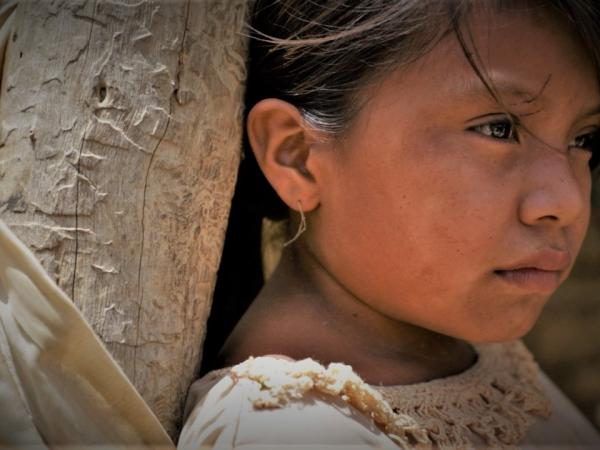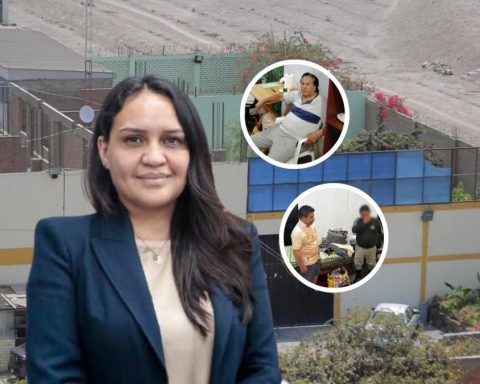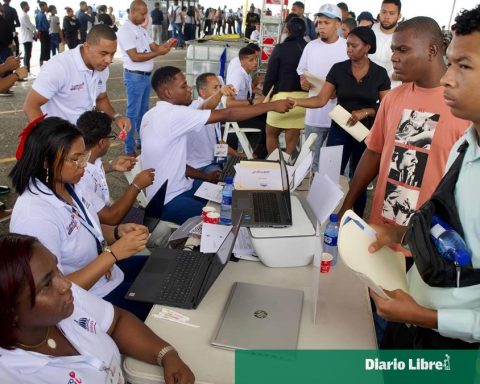The tax reform, in its article 43, which was approved in the first debate, stipulates a food and beverage donation tax in Colombia.
(Read: Asoleche says that tax puts food security at risk).
In this sense, there would be a tax for different products such as: oatmeal flakes, curd, Greek yogurt, dairy drinks, pieces of marinated chicken or meat, sliced bread, cereals, sausages, hams, compotes, fruit pulps, packaged juices, flavored waters and many others.
According to the Network of Food Banks of Colombia, the approval of this measure would imply that se accentuate malnutrition problems registered in the country. They even assure that Colombia would become the first country in the world for high rates of malnutrition and deaths from this cause.
According to the institution’s calculations, the implementation of the tax means that uover 30,000 tons of food and beverages fit for human consumption, and that are equivalent to 1,000 tractor trailers, would be thrown away each year.
(Also: Hunger in Colombians, a ‘silent’ effect of inflation).
“Part of these donations would stop being received by the Food Banks of Colombia, which would imply stopping serving 978,000 people in conditions of vulnerability; Of these, 19,000 pregnant mothers and 128,000 children under 5 years of age at risk of malnutrition, whose situation would undoubtedly worsen, endangering their lives.“, assured Juan Carlos Buitrago, director of the Network of Food Banks of Colombia, Abaco.
Currently, in the country there are 19.8 million people are using crisis strategies because they cannot access the food they need. These strategies include lowering the quality of what they eat, serving smaller portions, skipping meals, or borrowing food.
Of this total, 13.1 million do not consume basic food or vegetables every day and may never or rarely eat high-protein foods. According to the latest Dane Social Pulse survey, in Colombia 14.7 million people are eating two or less times a day and according to the National Institute of Health, cases of malnutrition and deaths of children due to malnutrition are on the rise.
(See: Tax would increase the hunger of a million Colombians).
On the other hand, a third of the food produced in the country is thrown away.
“The food donation tax will encourage producers across the country to prefer to sell their surpluses for animal consumption instead of donating them to help mitigate this serious hunger situation in Colombia“, according to Buitrago.
The director of Abaco makes a call to eliminate the tax on food donations of the tax reform since promoting food donations is essential to help mitigate the hunger situation in the country.
BRIEFCASE
















